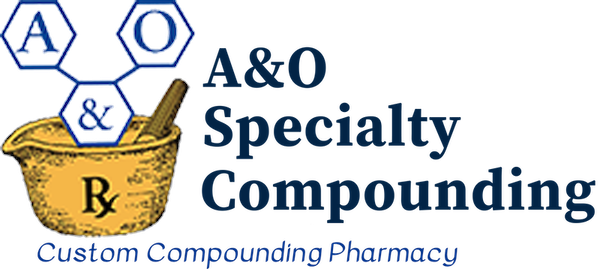Veterinary Care
Explore a range of specialized medications, pet-friendly products, and expert advice tailored for your furry friends.

Veterinary medication therapy often poses unique challenges. Many medications can be compounded to help with administration and treatment of conditions in a variety of animals. Compounded preparations are always prepared from FDA-approved animal or human drugs. These preparations are prepared and evaluated in a manner consistent with current potency, purity and stability standards. Compounding pharmacies want to work with veterinarians to create specialized, effective formulations for their patients.
Treatment Options
Depending on the animal and condition, various medications can be compounded into oral liquids, topical preparations, and animal treats.
Examples include:
- Topical methimazole gel for treatment of hyperthyroidism
- Phenobarbital and potassium bromide oral liquid for epilepsy
- Methocarbamol suspension for rhabdomyolysis in horses
- Antibiotic and antifungal liquid formulations for infections with appropriate flavoring to help with administration
Reviewed: July 23, 2014
- Updated: June 10, 2016
- Reviewed by Beth Bolt, RPh
- References: Gargiulo DA, Chemal C, et al. Extemporaneous compounding in vet practice: a New Zealand perspective. N Z Vet J.2013;61(6):311-5.Gaskins JL. Palliative care and compound in household pets. Int J Pharm Compd. 2012;16(6):452-5.Hill K, Jordan D, et al. Medical therapy for acquired urinary incontinence in dogs. Int J Pharm Compd. 2012;16(5):369-75.Pruitt BN. Methocarbamol suspension for the treatment of rhabdomyolysis in equines. Int J Pharm Compd. 2013;17(5):384-7.
- Source: RxWiki
- Managing Editor: Anyssa Garza, PharmD
